
I’ve been looking for a way to talk more about books outside of the spaces I have with my friends, but in a more long form way than in photos or videos. A booktoker I follow (@timrblackett) does reading roundups with the concept of ‘buy, borrow or bust’ to quick fire convey how he feels about the books he has read. And it inspired me to use that concept but bring it into written format instead - so thanks Tim for being so smart. Buy represents that I think this book is amazing, and that you’d definitely want to keep on your shelf as your pride and joy once you’ve finished. Borrow is a book that is good but doesn’t feel necessary to hold onto or own, therefore you can borrow it! And Bust is the books that I just thought sucked and I would heavily recommend not reading.
I’m going to start by rounding up my June reads. In due course I might backtrack to all the months of this year as I’ve done a lot of reading I want to talk about. So don’t be alarmed if I start backwards cycling through the year, posting about my January reads in August. But for now, we will start in June. I read 11 books in June, some were great and some were really terrible.
The first book I read in June was ‘Our Lady of the Nile’ by Scholastique Mukasonga. This was a book I saw in a bookshop and was inspired to pick up just from the blurb, I had never heard of it before. The concept was incredibly interesting, but I felt the execution fell flat. An all girls school for the ‘elite’ in Rwanda was an incredibly unique and interesting vehicle for demonstrating the racial tensions and violence at the time (15 years prior to the Rwanda genocide). Mukasonga does a sensational job of conveying the mounting tensions between the teenager girls and the people around them. There is something captivating about learning about political and racial tensions through the emotional intensity of teenage girls. However, I struggled to connect to the characters and it faltered in holding my interest. The writing wasn’t as engaging as the prose changed between multiple girls and I think this is where the lack of character driven storyline fell. I wouldn’t go as far as to say this book was a bust, and perhaps a low priority borrow. I think I went into the read wanting something different than what was there, and therefore am now on the hunt for other literary fiction surrounding the Rwanda genocide. On my radar are ‘Small Country’ by Gaël Faye, ‘Running the Rift’ by Naomi Benaron and ‘In the Shadow of 10,000 Hills’ By Jennifer Haupt. I will feedback accordingly when I’ve read them.
The second book I read in June was '‘In the Dream House’ by Carmen Maria Machado. This is a cult classic, a deeply popular book on the internet. I have to say I did not love it. The prose and narration style was very fractured; something I never gel with in books. It wasn’t the content I didn’t like, but the execution. However it has to be said I was impressed by the layout, such an artistically styled memoir in a format I’ve only vaguely come across once before (in '‘Homesick’ by Jennifer Croft). Whilst reading I felt such deep empathy for the narrator and yet never wanted a book to end so quickly. An impressive feat to tackle such a traumatic topic in such a stylistic and artistic way. However I would call this a big bust. If you don’t like artistic fragmented and irregular timeline story telling (like me), I wouldn’t recommend it.
As you can tell, the beginning of my June reads were not going so great. I picked up ‘Pyre’ by Perumal Murugan (translated by Aniruddan Vasudevan) with the hope that it would change the reading tide. And it did. Pyre was absolutely fantastic. It is about a young couple who fall in love, and belong to different castes. Murugan fascinatingly presents the complexities of castes, the patriarchy and societal hierarchy through themes of love, religion, and hatred. This read like a thriller, with tension simmering on every page. It felt like waiting for a car crash to happen; wanting to look away but also unable to stop looking. The prose is highly evocative and my heart aches for Sarjos naive hope that love can conquer all. This is a buy, I loved this book. Like nothing I had ever read before, in the best way.
Next, I read '‘In the Time of the Butterflies’ by Julia Alvarez. After reading ‘Dead Girls’ by Selva Almada earlier this year, I really wanted to read some more journalistic fiction based in South America. Set in the Trujillo dictatorship in the Dominican Republic, In the time of the Butterflies follows the lives of 4 sisters, and how 3 end up being assassinated due to their connection to an underground plot to overthrow the government. The author reimagines these historical figures in their teenage years and gradual involvement in the revolution. The story is delivered through the perspective of each sister, with different prose styles. This makes for an interesting read, managing to really submerge you into each perspective. My favourite narrator was the sister Maria Teresa, as we learnt her story through her diary entries. Some of the other sister perspectives however were not as engaging. Overall, the story was interesting, somewhat flat at times, but a valuable attempt at honouring and discussing these women’s lives and deaths in the name of the fight for democracy. I’d declare this a borrow.
Now for the big guns. Next, I read ‘Young Mungo’ by Douglas Stuart. What more can I say this book destroyed me. Young Mungo is the telling of Mungo’s story, with the themes of poverty, religion, sexuality, abuse, alcoholism, education, neglect and violence. Much like ‘Shuggie Bain’ (also written by Stuart) its portrayal of Glasgow in the Thatcher era is as depressing as it comes. Yet it is also tender, emotional, full of love and heartbreak. I would go as far as to say Young Mungo is better than Shuggie Bain (which I also LOVED). The main difference between the two being the age of the narrator. Shuggie is only a child during his narration, and therefore making the events he experiences so incredibly heartbreaking. You feel incredibly depressed these events are happening to someone so young. Contrastingly, Mungo is in his teenage years, offering a different type of emotional pull to the page. The emotional rollercoaster of being a teenager, coupled up with the adrenaline, anxiety and overwhelming emotion of falling in love for the first time, is one many adults remember more poignantly than how we may have felt we saw the world at the age of 7. Additionally, the structure and how well the story navigates between the two time frames of past and present was married together so beautifully in the final chapter. Stuart is SO talented and his work SO readable, this is an outstanding buy. This was one of my absolute favourite books this year, fighting with ‘Demon Cooperhead’ by Barbara Kingsolver, ‘Still Born’ by Guadalupe Nettel and the ‘Dawn' trilogy by Octavia E Butler for top spot (something I thankfully don’t have to decide for a few months). An absolute 10/10 no notes. Any book that is capable of moving me to tears is a winner in my eyes.
Next I read ‘Bonsai’ by Alejandro Zambra. This tiny novella was sweet, fun and poignant and I really enjoyed it. The sweet simplicity of this novel is where the greatness lies. It is about a young Chilean couple who become lovers, and maps them for countless years through situations and affairs. As the book progresses, they meet new people but they remain constants in the story. Characters come in and out, love is found and lost, friendships made and lost without ever changing the pace or tone of the writing. A quiet novel bursting at the seams, the pictures Zambra presents varying in length and significance, but all brilliant. This read is for those who enjoy poignant themes, vague endings and the journey of love through in the beginning, middle and end. I would totally recommend this as a buy.
‘The Mountains Sing’ by Nguyên Phan Qué Mai was my next read. This story was slow paced, but incredibly moving and devastating. It is a multigenerational tale of the Tran family set against the background of the Vietnam War. The dual perspective narration from Grandmother (pre War, Land reform era) and Granddaughter (present day, the war has just finished) was superb. I really enjoyed being able to have such emotive experiences of such different eras of Vietnamese history within the same story. The impact these atrocities have on this family are shocking and heartbreaking. An incredibly raw portrayal of hardship, family, war, hunger and death. Any time I read literary fiction based in Vietnam I am never not absolutely speechless about the atrocities that took place there. Its absolutely awful, and therefore a necessary read. This book was a really perfect balance of story telling and learning about some of the events that took place through such a personal and emotive lens. I would definitely declare this a buy.
Next I read '‘The Half Life of Valery K’ by Natasha Pulley. I LOVED this. It was a subscription book and I went into reading it blind, and I think retrospectively this is the best way to go into this book. The story includes themes of Russian history, the KGB, Siberian gulags, quiet romance, human experiments, nuclear weapons and radiation. All of this is tightly packed along with humour and heartwarming human empathy. As a big fan of historical fiction myself, this ticked all the boxes. It starts with a man who has just served a very long prison sentence in a gulag in Siberia, being pulled out of prison to finish his sentence at a strange research commune in a nuclear radiation centre near Moscow. He is a biochemist and that’s as much as we know. Strange things are inevitably happening at this KGB communist controlled research centre, and it is within Valery’s interest to find out the extent of what exactly is going on. A major buy.
‘Dr No’ by Percival Everett was my next read. I read ‘The Trees’ by him last year and loved his writing style so much I wanted to try another of his works. Dr No is nothing like the trees, and incredibly weird. Not exactly my cup of tea but I did enjoy reading it nonetheless. The word play and humour on the page was absolutely epic, and this is where my admiration for Everett lies. The first half was significantly more gripping than the second, and overall perpetuates such a silly story. But who doesn’t love silliness! If you’re a fan of the concept of villains, James Bond and Maths humour I think this would be a hit. I’d say this is a borrow, for some but not for all. It did however make me chuckle a few times, which is rare.
My only non-fiction read of this month was ‘This is Not Miami’ by Fernanda Melchor. And this was brilliant. It was gory, engaging, unsettling, violent, emotive and horrific. A collection of short stories that all bleed into one set in and around the city of Veracruz in Mexico. These stories spiral from real events, known as croincás (a genre unique to Latin American writing that blends reportage, narrative non-fiction and novelistic forms). It explores motivations of murderers and misfits, desires and circumstances forcing us to understand or even empathise with these gangs, criminals, drug cartels and corrupt officials. It portrays ruptures of society on the brink of chaos. It read like a fiction story, and therein I think lies the best non-fiction. This is an absolute buy.
And ending with a huge disappointment, my final read of June was ‘The White Tiger’ by Aravind Adiga. As a lover of the booker prize, I often use it as a guidepost for choosing my reads. White Tiger won the booker prize in 2008, therefore I thought it would be a match made in heaven. Far from it. I am sadden to say this book was terrible. The prose was dull, boring and incredibly un-captivating. The narration style was drawn out and I really do think a different style could’ve made it a completely different reading experience. It had such themes of excellence - poverty, politics, wealth, family, murder and freedom. However the story did not hold up. I was reassured to see on Goodreads that many people felt the same way about this book, which makes me feel slightly less frustrated that I struggled to gel with it so much. It is also incredibly disparaging and scathing of Indian culture in the post-colonial era. It is cutting about their culture, religion and lifestyle and is delivered in a intended to be funny but not at all funny package. This was an interesting take, and one I wouldn’t necessarily expect from an Indian author, but I guess its good to subvert expectations. This book is a total bust. Sorry Aravind I really hated it.
And that concludes my June reading! I am excited for July - I have a lot of really exciting books to get into. As a teaser, I have just started ‘Tomorrow and Tomorrow and Tomorrow’ by Gabrielle Zevin and as it is such a hit bestseller, I have big expectations for it.
Happy Reading! Love Martha






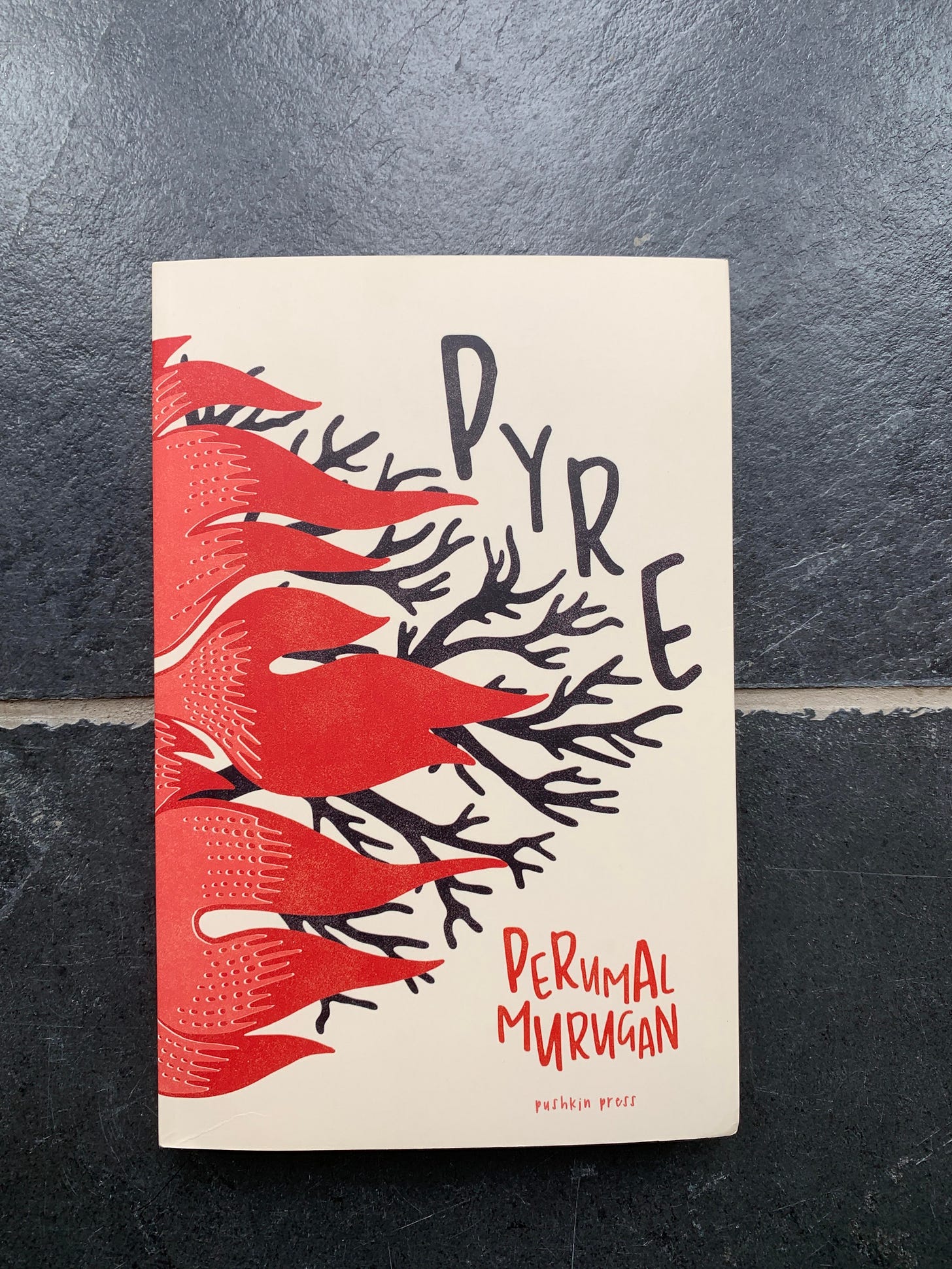
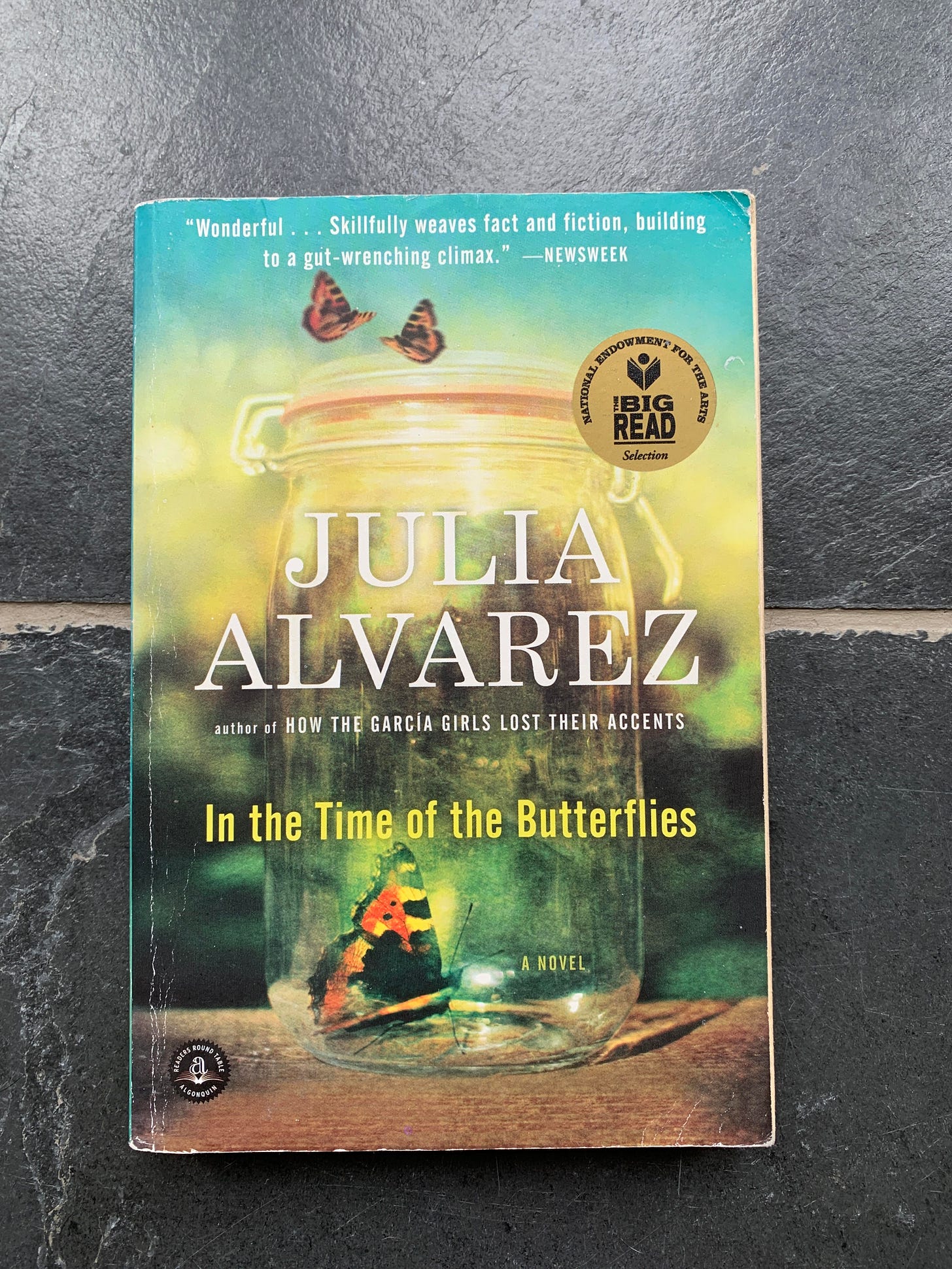
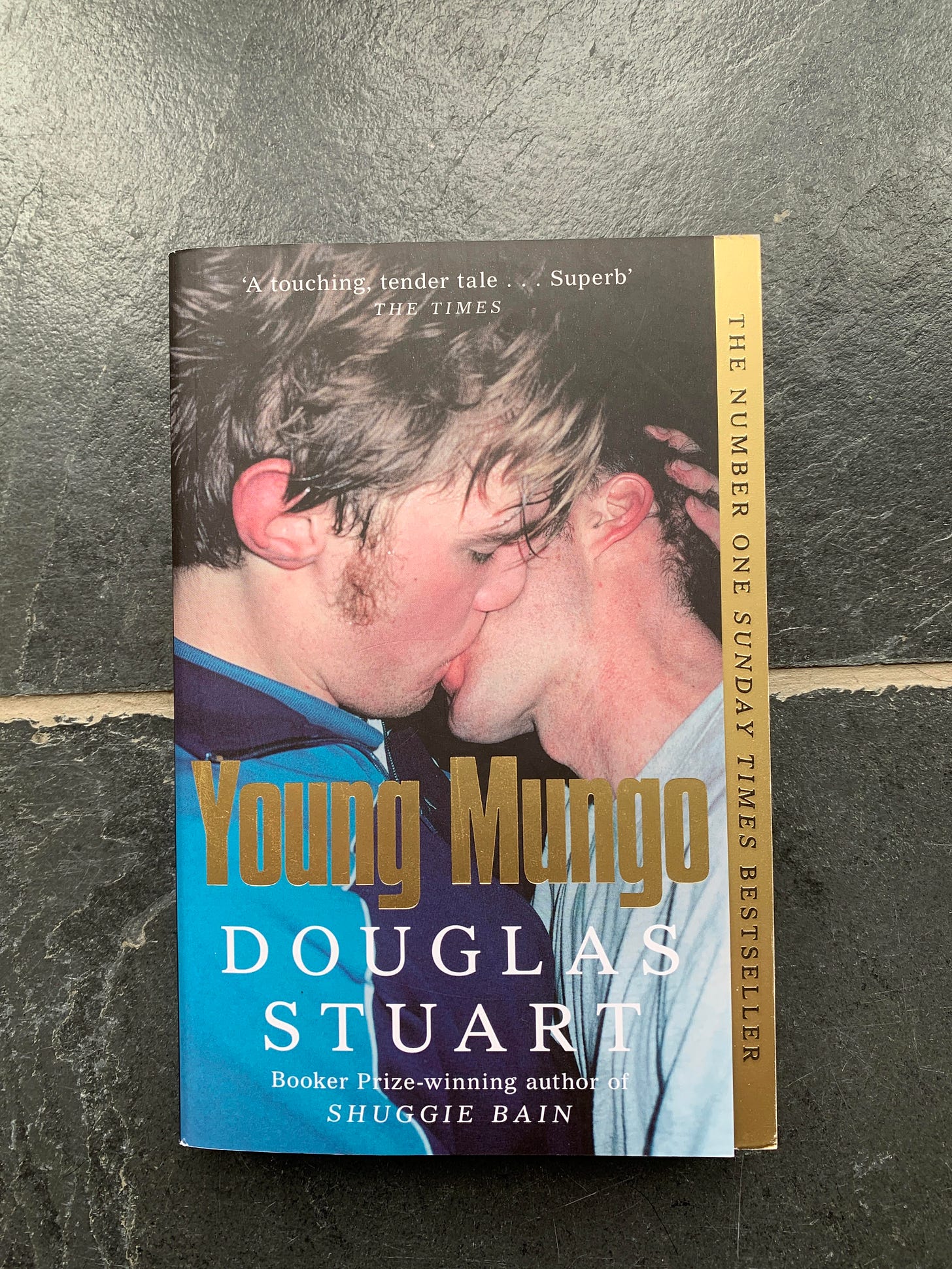


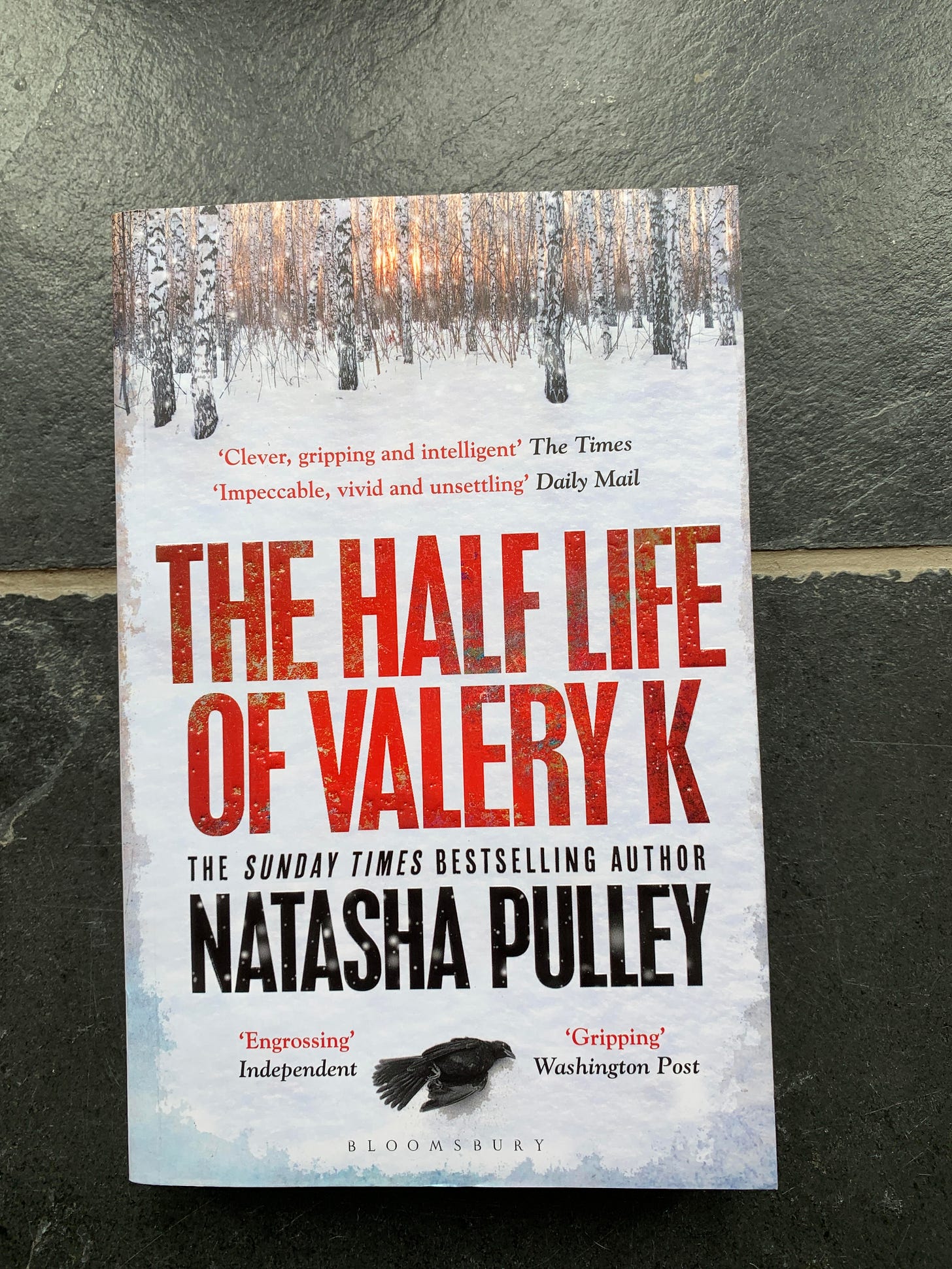
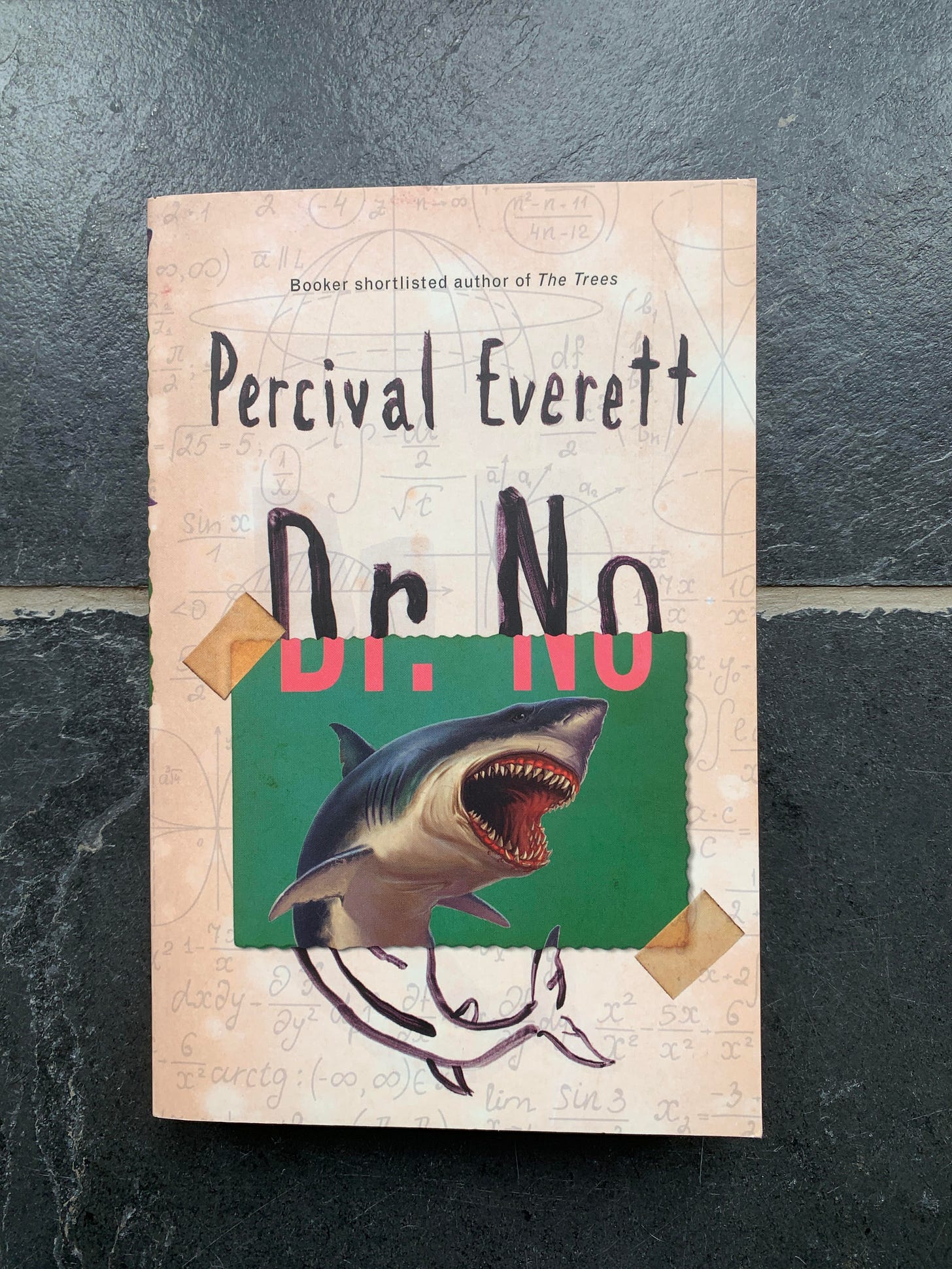


Hmm maybe I need to buy Bonsai!